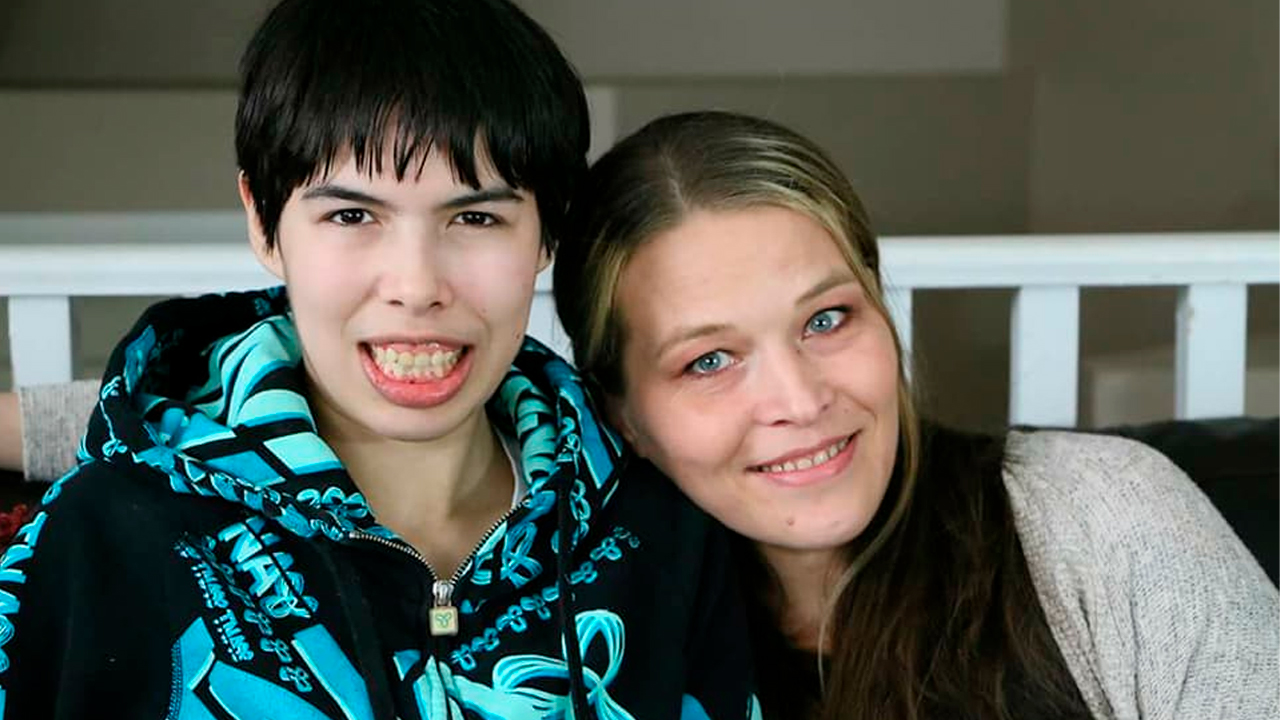Huntington's disease is a fatal, inherited condition of the brain that damages brain cells. It has a broad effect, affecting mobility, thinking, and emotions. Huntington's disease symptoms can occur at any time, but most frequently happen to people in their 30s or 40s.
Juvenile Huntington's disease is the term applied when the disease first develops before the age of 20. Early-stage Huntington's disease does seem to have different symptoms and may spread more quickly.
Symptoms of Huntington's disease:
Huntington's illness typically results in a wide range of physical, mental, and behavioral symptoms. It considerably differs from person to person, and symptoms start to emerge initially.
It involves four types of symptoms of Huntington’s disease.
1) Movement disorders - Huntington's disease-related movement problems can include:
- Uncontrollable gripping
- Slow eye motions
- Defective posture
- Muscle issues
- Speech or swallowing issues
According to the National Center for Biotechnology Information, the report on Huntington's disease in eastern India shows “75 patients (male: 57.3%; female: 42.7%). The mean age at onset was 37.12 (range 16-62) years; juvenile variety (onset below 20 years) was detected in 5.3%. The paternal transmission was commoner. Mean CAG repeat of the patients was 48.25 (range 40-79).”
2) Cognitive disorders - cognitive problems are frequently linked to Huntington's disease, including:
- Difficulty planning, prioritizing, or concentrating on duties
- Limited adaptability
- Act without any thought and engage in sexual instability
- Trouble grasping new ideas
3) Psychiatric disorders
Depression is the psychological illness most frequently linked to Huntington's disease. This isn't only a response to Huntington's disease diagnosis. Instead, brain damage and subsequent modifications in brain function appear to be the source of depression. Some warning signs and symptoms include feeling irritated, avoiding social interaction, fatigue, experiencing insomnia or difficulty sleeping, and negative thoughts.
Symptoms of juvenile Huntington's disease
The start and progression of Huntington's disease in younger people may be slightly different from that in adults. Problems that are often present early in the course of the disease involve behavioral changes such as difficulty concentrating and a sudden drop in work or other activities. Physical changes such as tight muscles that impact gait, minor uncontrollable movements, being clumsy, etc.
Causes of Huntington’s disease
A hereditary variation in a single gene is the root cause of Huntington's disease. An individual just requires one pair of abnormal genes to acquire Huntington's disease since it is an autosomal dominant illness. Every gene, with the exception of those on the sex chromosomes, is inherited twice, once from each parent.
Either the healthy copy of the gene or the nontypical copy might be inherited from a parent with an abnormal gene. Therefore, there is a 50% probability that each kid in the family will inherit the gene responsible for the genetic condition.
Prevention of Huntington’s disease
It seems logical that people who have a known family history of Huntington's disease worry about perhaps passing the gene to their future offspring. These individuals might think about genetic testing and family planning choices.
It might be beneficial to consult with a genetic counselor if a parent who is at risk is thinking about genetic testing. A genetic counselor will talk about the possible hazards of a test result showing a parent will get the illness. Couples will also have to decide if they want to start a family or explore other options, such as prenatal gene testing or in vitro fertilization using donated sperm or eggs.
In vitro fertilization and preimplantation genetic testing are additional options for couples. In this procedure, the eggs are taken out of the ovaries and fertilized in a lab using the father's sperm. Only those embryos that test negative for the Huntington gene are placed in the mother's uterus after being screened for the existence of the gene.
Treatment for Huntington’s disease
Currently, there is no cure for Huntington's disease. Its development cannot be slowed down or reversed by treatment. However, certain symptoms may be managed with the use of medicine and other treatments.
Huntington's disease symptoms can be managed with the aid of medications. Treatments, however, are unable to stop the condition's effects on the body, mind, and behavior.

 Our brain plays a very important role in the functioning of our body. But behind this incredible process, there’s also a dangerous disease that affects our brain and damages its cells. This disease is known as Huntington's disease, and we all must be aware of it.
Our brain plays a very important role in the functioning of our body. But behind this incredible process, there’s also a dangerous disease that affects our brain and damages its cells. This disease is known as Huntington's disease, and we all must be aware of it.









.jpeg)











.jpg)








